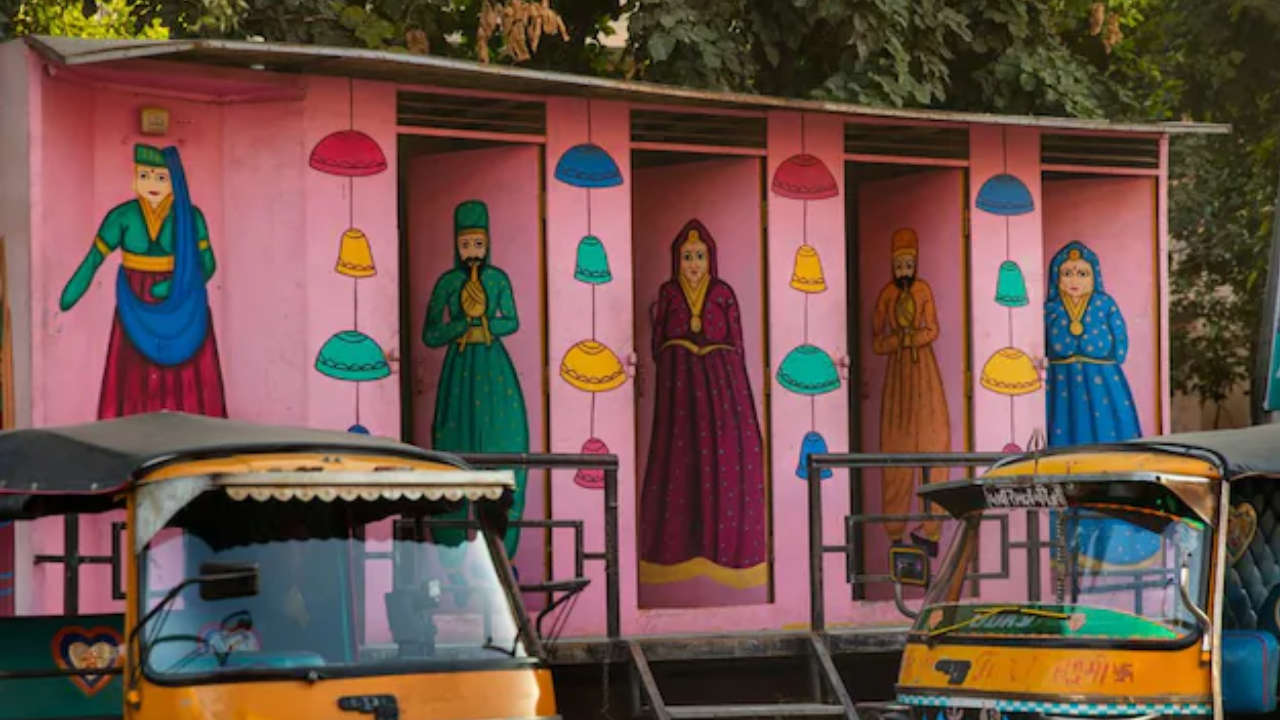
New Delhi: A new study claimed that toilets constructed under the Swachh Bharat Mission may have helped avert roughly 60,000-70,000 infant deaths every year. Five researchers have conducted the study which was published in the international science journal Nature with title ‘Toilet construction under the Swachh Bharat Mission and infant mortality in India’.
The study highlighted the broader benefits of increased access to toilets, including women's safety, financial savings because of reduced medical expenses and improved quality of life overall.
Findings of the Study
A team, including researchers from the International Food Policy Research Institute, US, looked at data from nationally representative surveys covering 35 states/Union territories and over 600 districts over 20 years.
The study, published in the journal, investigated the link between an increase in access to toilets, built under the Swachh Bharat Mission, and drop in deaths among infants and children aged under five from 2000 to 2020.
The study suggested that on average, improving district-level toilet access by 10 percentage points corresponded to a lowering of death rates in infants by 0.9 points and those in under-5 by 1.1 points. Historically, having access to a toilet and deaths among children have been inversely related in India, the study said. It said that improving toilet coverage by 30 per cent and above in a district corresponded with substantial reductions in infant and children deaths. "In absolute numbers, this coefficient would scale to an estimated 60,000-70,000 infant lives annually," the authors of the study wrote.
About Swachh Bharat Mission
Swachh Bharat Mission was launched by Prime Minister Narendra Modi on October 2, 2014 with the aim of turning the country open-defecation free by providing access to toilets in rural households. It was referred to a national campaign aimed at cleaning the country's streets, roads and infrastructure.
As of July 2024, almost 12 crore toilets across rural and urban India had been built in the last nine years, according to a statement by Union minister Hardeep Puri. The United Nations Department of Economic and Social Affairs said that 50 crore people across 6.3 lakh villages were benefitted by 2019.

